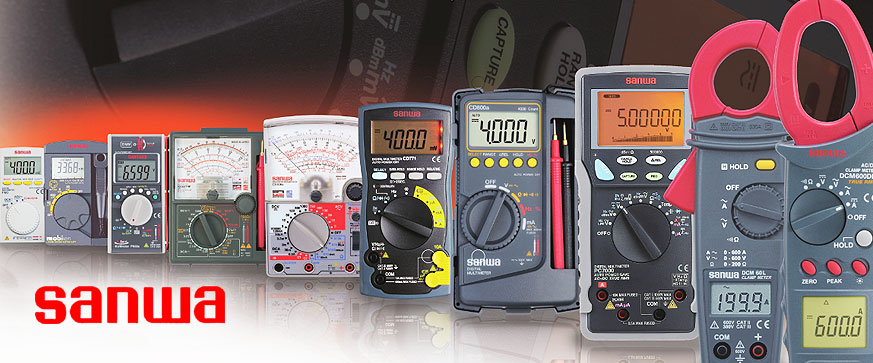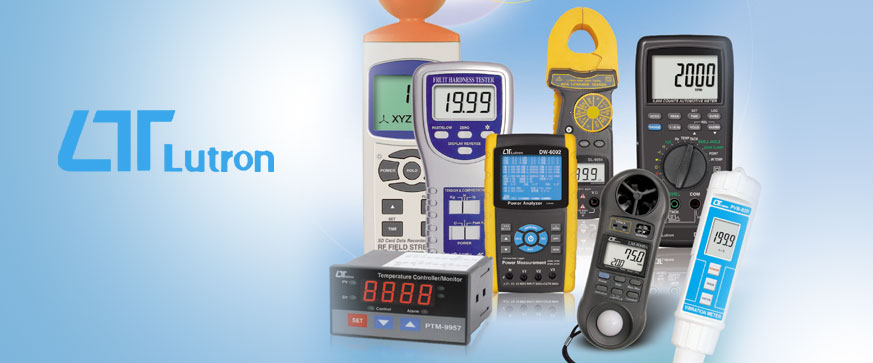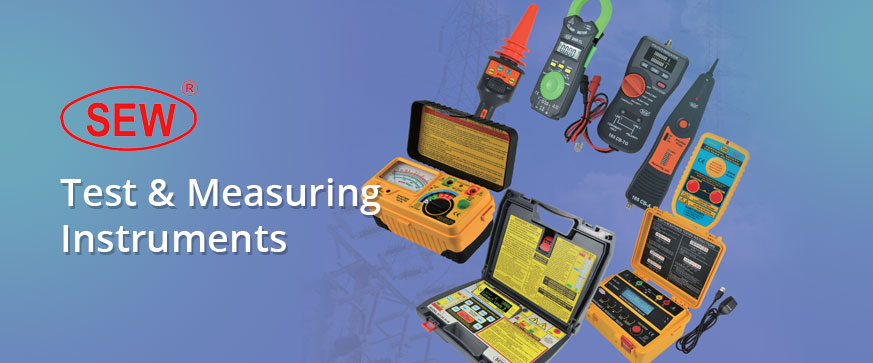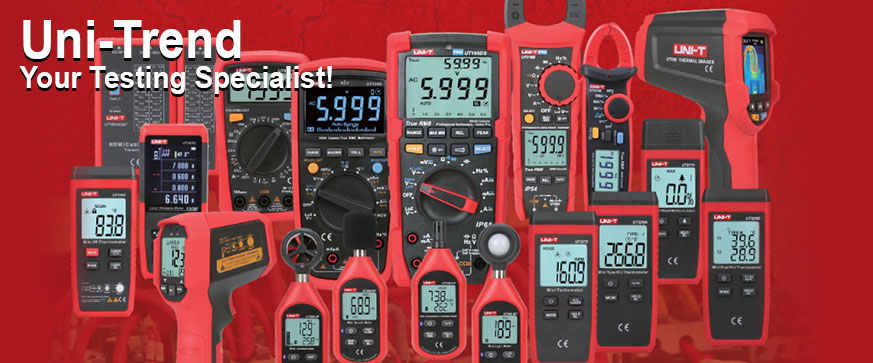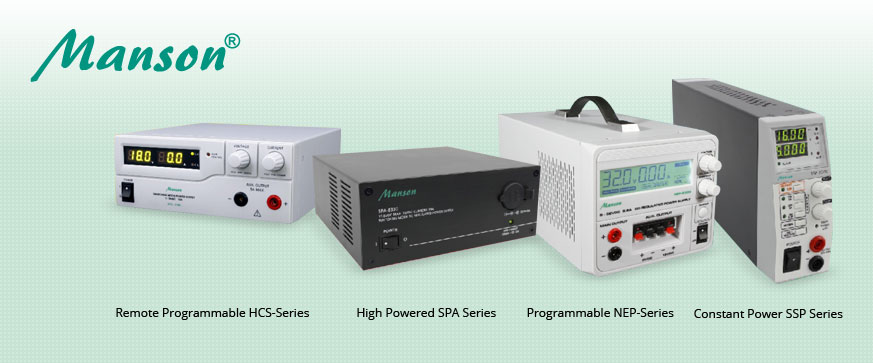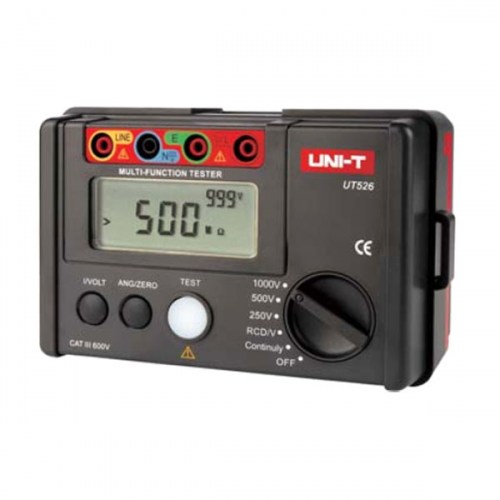Uni-T
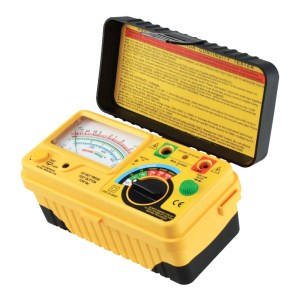
Insulation testers are electrical measuring instruments used in maintenance programs that are either preventive or predictive. They're also known as megohmmeters, and they're used to spot probable equipment faults before they happen. Insulation resistance testers are ideal for testing switchgear, motors, generators, and cables, among other high-voltage components.
What is the Purpose of Insulation Testing?
All electrical current sent via a conductive wire should, in theory, arrive at its intended destination. However, some of it is lost along the route due to various factors. Insulating wires with a resistive covering contain the conductivity of the copper or aluminium core, yet even with this insulation in place, some current escapes. Electrical circuits and machines can be harmed by the electricity that leaks out.
Testing can assist you in finding out whether the insulation is effective and safe or not. Insulation testers deliver accurate, noise-free findings. They're safe and straightforward, making them excellent for troubleshooting, commissioning, and preventative maintenance.
What Makes Insulation Go Bad?
The electrical insulation of your plant's electrical system and equipment should be in excellent condition when first installed. Various factors can cause the insulation to fail, including mechanical damage, vibration, extreme heat or cold, filth, oil, corrosive vapours, moisture from operations, or humidity on a hot day. Furthermore, makers of wire, cable, motors, and other industrial components have improved their insulation.
As time passes, these insulation foes, combined with the electrical stressors, are at work to varying degrees. Moisture and foreign debris permeate the surfaces of the insulation as pinholes or fractures form, providing a low-resistance conduit for leakage current.
How Do Insulation Resistance Testers Work?
Measuring insulation resistance to current flow across it is necessary to determine its integrity. An insulation tester employs a high voltage, low current DC charge to measure resistance. High resistance insulation allows for low current flow. A low resistance indicates that a lot of electricity is leaking through the insulation.
How to Test Insulation Resistance?
There are several ways in which even a brief interruption in production may affect the bottom line. Preventative Maintenance Programs (PMP) lower the likelihood of an unplanned shutdown at a manufacturing facility.
Insulation measurement should be included in every decent PMP to ensure that the hundreds of motors used in manufacturing plants and facilities stay operational. Even better, you can maintain track of equipment status over time through data gathering and historical analysis, potentially predicting a failure in advance. Consider the following equipment types and their implications for your regular activities.
Tests During the Drying Out of Equipment:
All maintenance engineers deal with wet electrical equipment regularly. If the equipment has been wet with fresh water, you should immediately dry it. The salt must first be removed by rinsing the dish with fresh water if you are using salt water. Otherwise, salt deposits would form on metal and insulating surfaces and in the insulation's fissures, which would be highly corrosive. When these deposits are moistened, they become an excellent electrical conductor. You'll want to use a suitable solvent to clean oil or grease from the insulation.
Multifunctional Insulation Tester UNI-T UT526
UNI-T UT526 multifunctional Insulation Tester for Electrical Engineer looking for basic Insulation & RCD in one Instrument.

